By Bishop Rudolf Nyandoro
The Jubilee Year 2025, titled “Pilgrims of Hope,” has been proclaimed by Pope Francis, with its spiritual roadmap laid out in the papal bull Spes Non Confundit (“Hope does not disappoint”). This Holy Year has been embraced by the Catholic Church in Zimbabwe, with the Zimbabwe Catholic Bishops’ Conference encouraging dioceses like Gweru to participate through local activities and pilgrimages.
The Gweru Diocese’s 2025 Pastoral Plan highlights the Jubilee as a time to address local issues of poverty, unemployment, and drought, making the theme of hope especially relevant to their community’s struggles. The project of documenting the signs of hope emerging from these faith communities is a pilgrimage in itself.
A key feature of the Jubilee has been the opportunity for pilgrims to receive a plenary indulgence by fulfilling specific conditions, including making a pilgrimage to one of the four papal basilicas in Rome and passing through their Holy Doors.
Zimbabwe: A Nation Responding with Faith
The launch of the Jubilee Year in Zimbabwe on January 4, 2025, saw a nationwide response from the faithful. The Zimbabwe Catholic Bishops’ Conference (ZCBC) has encouraged all dioceses to embrace the “Pilgrims of Hope” theme through local activities and pilgrimages.
Many Zimbabwean Catholics have made great sacrifices to undertake the journey to Rome, with diocesan and national pastoral coordinators working diligently to facilitate these trips.
Reports from Vatican News highlight the emotional and transformative experiences of Zimbabwean pilgrims who have already crossed the Holy Door in Rome. They describe their journeys as life-changing, deepening their understanding of the faith and allowing them to carry the prayers and hopes of their communities to the heart of the Church. The national effort has been a testament to the strong faith and devotion of Zimbabwean Catholics.
Gweru Diocese: A Local Expression of a Universal Celebration
In the Diocese of Gweru, the Jubilee Year we officially launched with a solemn procession on January 4, 2025, led the faithful in a pilgrimage to St. Theresa’s Cathedral, where the Holy Door was ceremonially opened. The bishop’s homily called on the congregation to “journey together as pilgrims of hope” and to use the year for spiritual renewal.
The diocese has a comprehensive pastoral plan for 2025, with a calendar of events designed to encourage a vibrant local celebration of the Jubilee. These include various Masses, spiritual retreats, and guild-specific meetings.
The diocese is also encouraging participation in international Jubilee visits for different groups, such as the Jubilee of Catechists and the Jubilee of Deacons in Rome, reinforcing the connection between the local church and the universal Body of Christ. The recent celebration at the Mary Help of Christians Shrine in Driefontein was another key event, drawing the faithful for a time of prayer and devotion.
The Jubilee Year 2025, themed “Pilgrims of Hope,” offers a powerful and timely lens through which to examine climate justice. Pope Francis, in his Papal Bull, Spes non confundit, frames hope not as a passive wish, but as a virtue that “does not disappoint” and is meant to be a response to the “horrors of the past” and the “ordeal” that humanity is facing.
This project will apply this concept of hope to environmental issues by focusing on tangible, actionable solutions. It will explore how communities, guided by principles of justice and stewardship, are pioneering paths to a more sustainable and equitable future, as called for by Pope Francis.
“With regard to creation, let us ask that the Jubilee may be a time for rediscovering the beauty of the universe, and a time for resolving to take responsible action to save it.”
Local Church Response: A Call to Action in Zimbabwe
The Zimbabwe Catholic Bishops’ Conference (ZCBC) has echoed the Holy Father’s call for a new beginning. In their pastoral letters, they have rooted the Jubilee Year in a local context, drawing on the biblical jubilee principles of debt relief, social justice, and the restoration of dignity to the oppressed. This is particularly relevant to a country grappling with economic turmoil and political instability. The project will report on how Zimbabwean communities, including those in the Gweru Diocese, are responding to these calls for a “national metanoia” and a collective shift towards justice and the common good.
“This Holy Year is a reminder of the Church’s role as a beacon of hope in a world yearning for peace and unity.”
ZCBC Pastoral Letter on the Jubilee Year 2025
Reports from the Gweru Diocese itself, such as their 2025 Pastoral Plan, highlight the Jubilee as an opportunity to address local issues of poverty, unemployment, and drought. This project will be a pilgrimage to these places, documenting the struggles and, more importantly, the signs of hope emerging from faith communities.
Project Deliverables
Solutions-Oriented Climate Reporting Toolkit: A comprehensive guide for journalists on how to report on climate change from a solutions perspective, grounded in the principles of social and environmental justice.
Multi-Platform Project: A series of three in-depth articles published with a reputable media outlet, accompanied by short documentary films and a podcast series.
Community Engagement: A series of town hall meetings and workshops in affected communities to share findings, facilitate dialogue, and empower local storytellers.
In addition to Pope Francis’s proclamation, Pope Leo XIV has also released several messages for the 2025 Jubilee Year, which can be used to strengthen the narrative. His insights on hope can be woven into the Gweru Diocese’s perspective.
Pope Leo XIV’s Messages on Hope:
Hope for the Poor:
Pope Leo XIV’s call for policies to combat poverty and his encouragement for the faithful to see the poor as “protagonists of hope” directly aligns with the Gweru Diocese’s pastoral plan to address local poverty. The local communities struggling with unemployment and drought are not just passive recipients of aid, but are active participants in building a hopeful future.
Hope for the Elderly:
The Pope’s emphasis on liberating the elderly from loneliness and seeing them as “witnesses of hope” can be a powerful lens through which to view community projects within the diocese. Forging relationships and restoring dignity to the elderly is a concrete way to be a pilgrim of hope.
Hope for Young People:
Pope Leo XIV’s message for young people to be “voices, enthusiasm, and cries for Jesus Christ” and to “adventure with the Lord” can inspire the youth of the Gweru Diocese to actively engage in local projects and initiatives, becoming a tangible sign that a different, more fraternal world is possible.
A Call for Action:
Pope Leo XIV has also addressed the role of politicians and public figures, urging them to bear witness to Christ and put Catholic social doctrine into practice. This message encourages local leaders in the Gweru Diocese to create laws and policies that support the vulnerable, further strengthening the Church’s charitable mission and promoting social justice.
By incorporating these messages, the story of the Gweru Diocese becomes a more present and powerful example of the global Catholic Church’s response to the Jubilee Year. It demonstrates how the universal messages of hope and social justice from the Vatican can be translated into concrete, local actions that address the unique challenges of a community in Southern Africa. This approach moves the narrative beyond a general theme of hope and instead illuminates the “Pilgrims of Hope” who are already building a better world in their own backyards.
Hope through Sport:
In his message to athletes for the Jubilee of Sport, Pope Leo XIV explains how sport, as a noble human activity, can bring people closer to God. He highlights how it requires a movement of the self toward others, fostering collaboration and teaching the value of being together in real life. This message is especially relevant to the Gweru Diocese’s community engagement efforts, as it can be used to promote unity and human formation through sporting activities. He encourages athletes to not only give a physical performance but to give of themselves for others—their supporters, coaches, opponents, and loved ones—regardless of the outcome.
Pope Leo XIV has also addressed the role of politicians and public figures, urging them to bear witness to Christ and put Catholic social doctrine into practice. This message encourages local leaders in the Gweru Diocese to create laws and policies that support the vulnerable, further strengthening the Church’s charitable mission and promoting social justice.
By bridging the theological call for a Jubilee Year of Hope with the urgent need for climate action, this fellowship will produce a unique and impactful body of work. It will move beyond a narrative of despair and instead illuminate the “Pilgrims of Hope” who are already building a better world, providing a compelling vision for a just and sustainable future in Southern Africa.
“Pilgrims of Hope”: The Catholic Church Embraces the Jubilee Year 2025
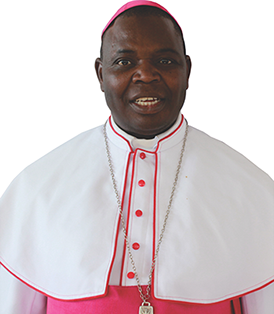


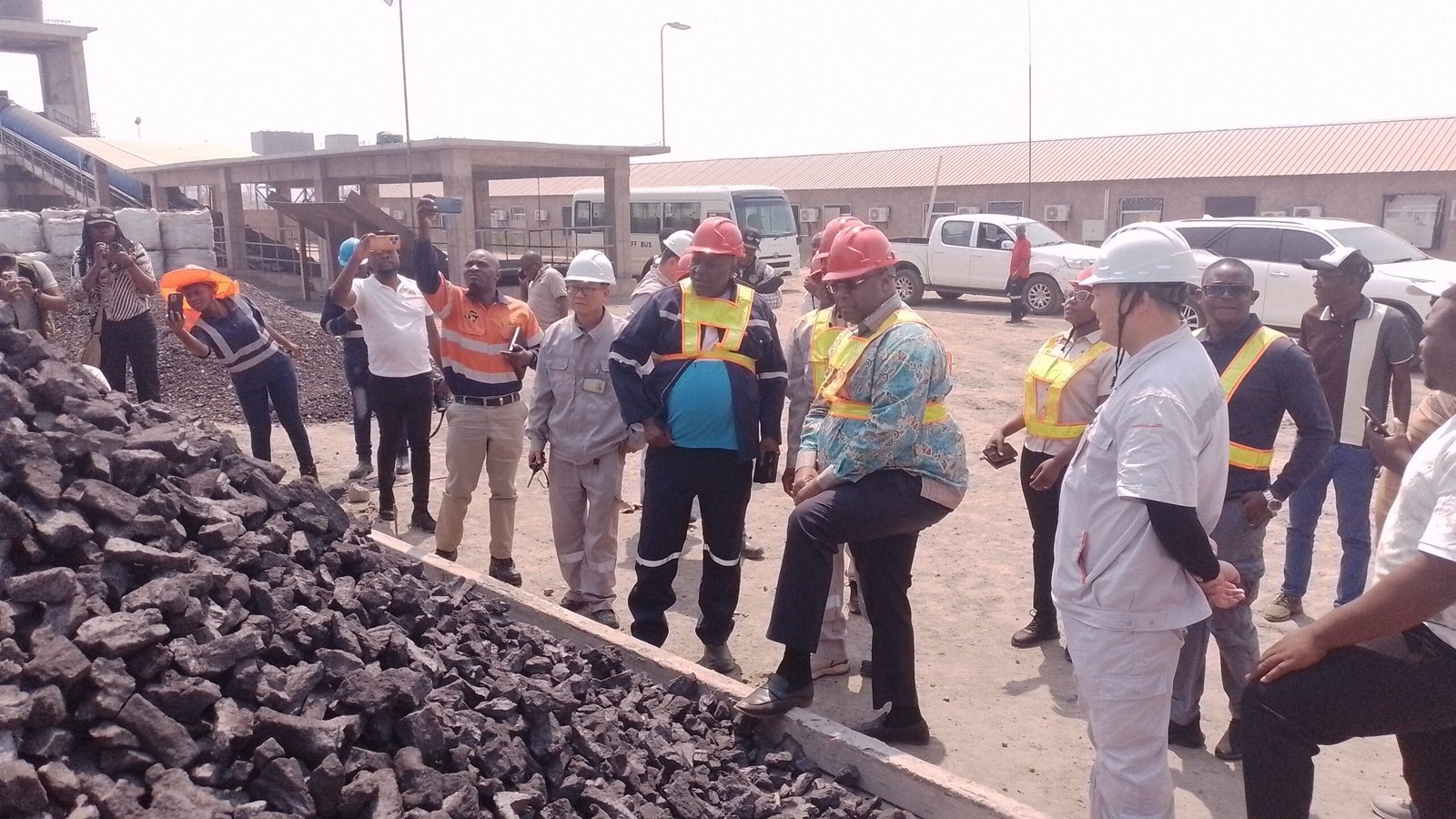
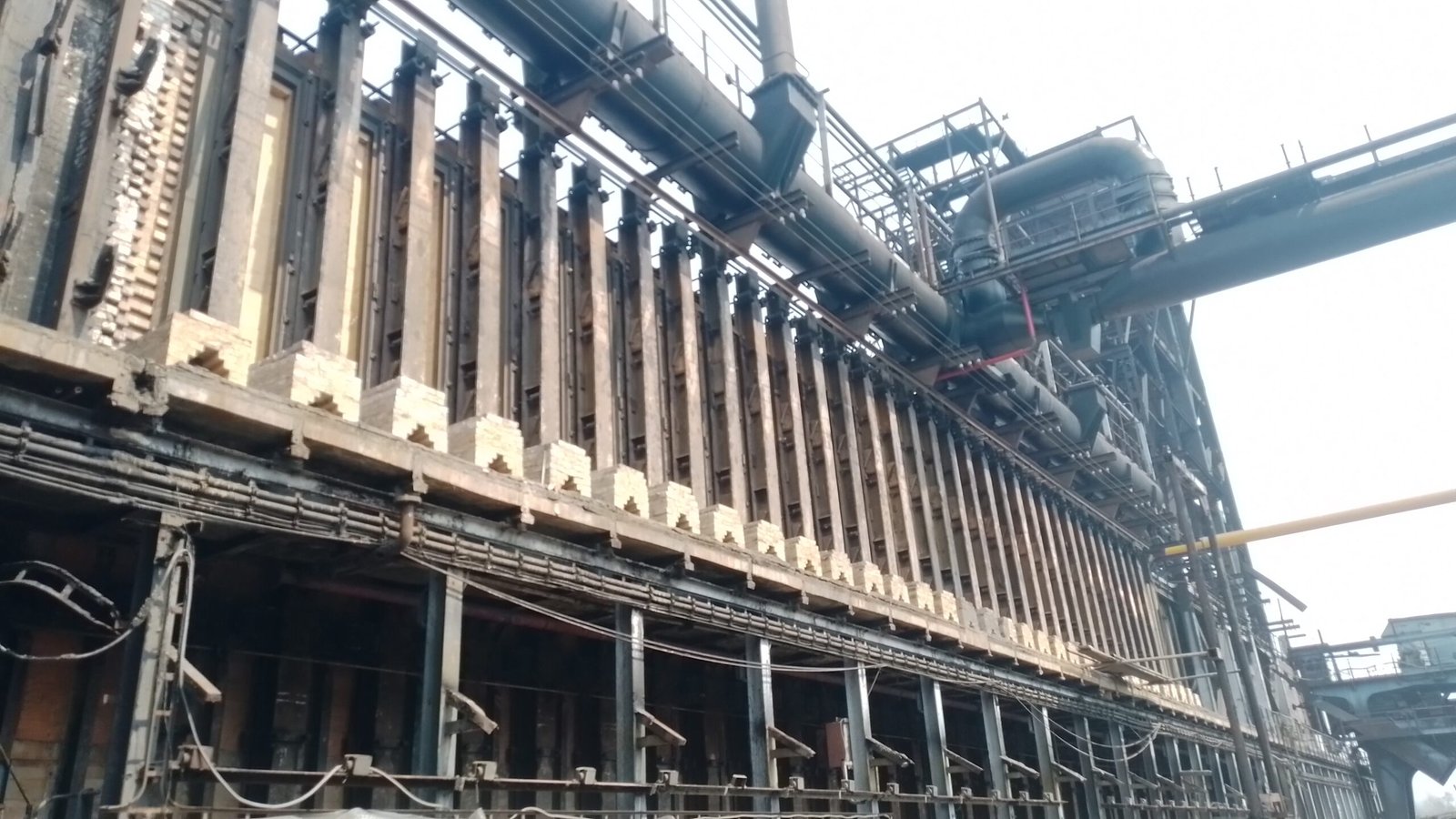

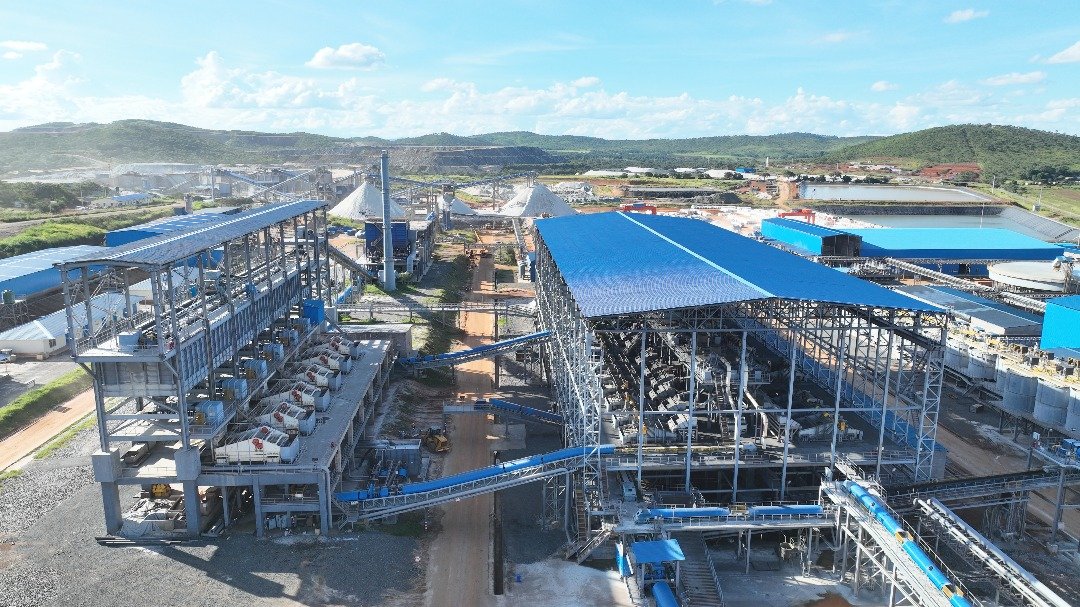

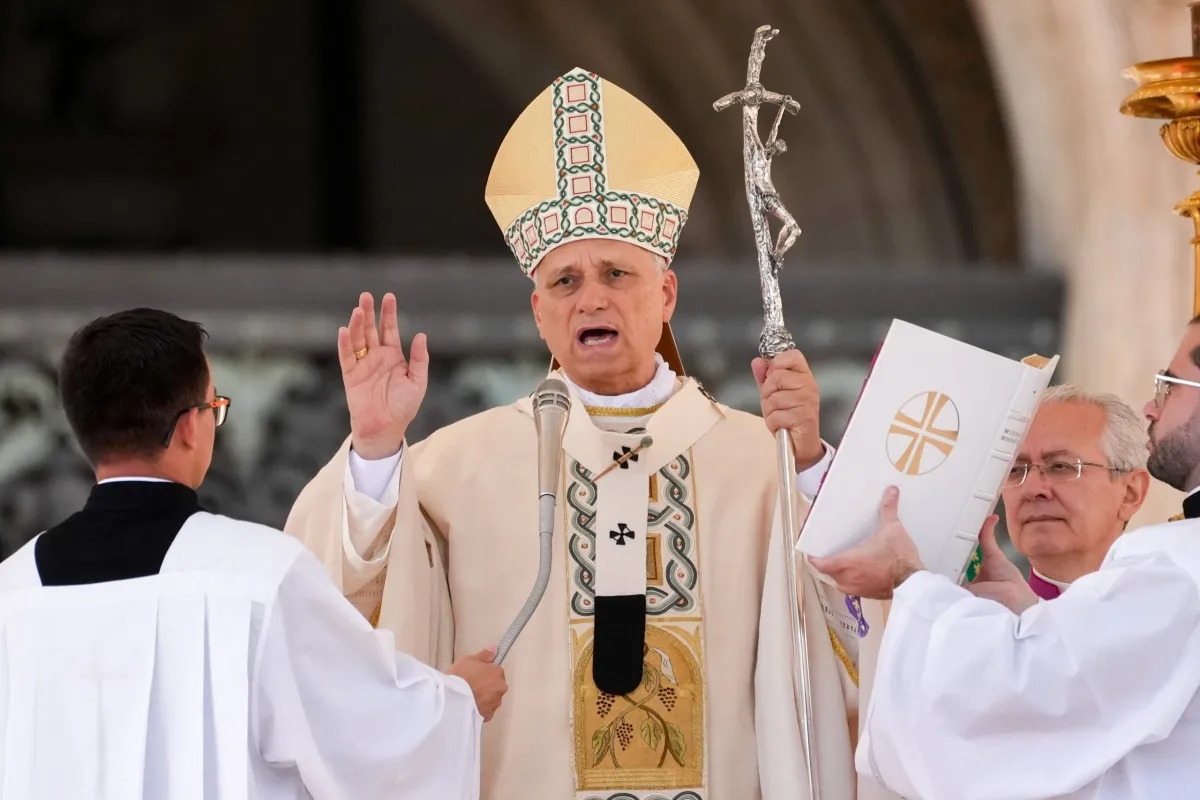



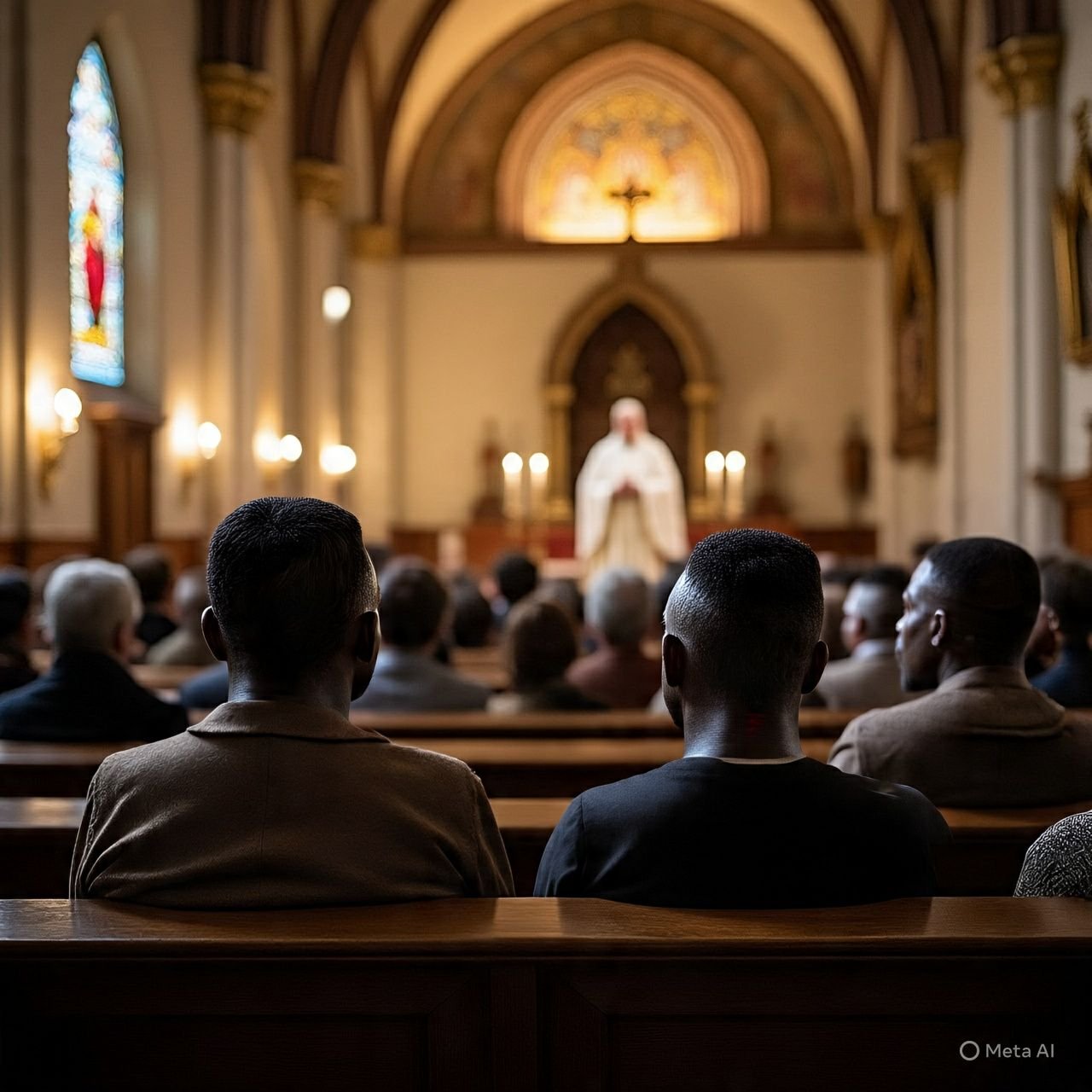
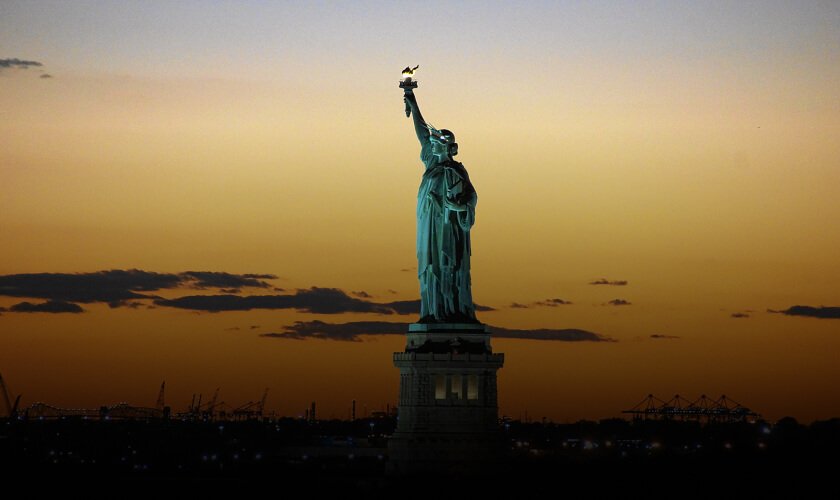


Leave a Reply